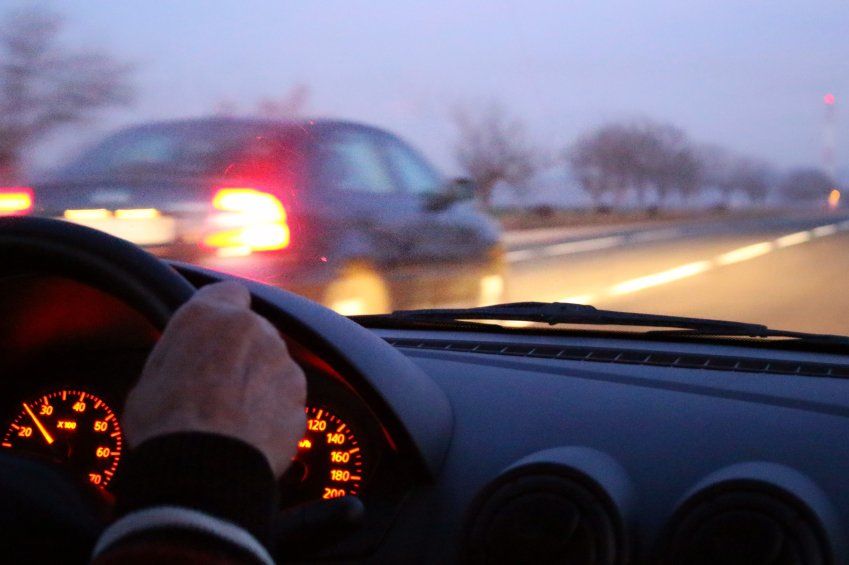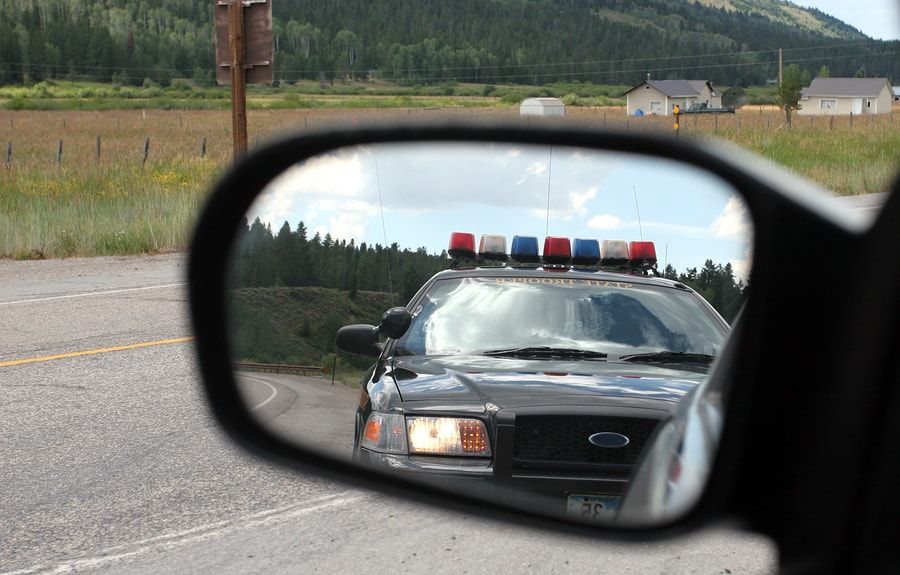 If you’ve ever been convicted of drunk driving in one U.S. state, but, have concerns about your ability to drive in another state, it is time to listen up.
If you’ve ever been convicted of drunk driving in one U.S. state, but, have concerns about your ability to drive in another state, it is time to listen up.
Gone are the days when police stations and/or the Department of Motor Vehicles (DMV) were unable to communicate instantly. Today, we are a culture of instant gratification, and with that comes the acceptance that most law enforcement agencies communicate with each other as fast as your cousin June can spread the latest family gossip around Facebook. If you have a drunk driving conviction in one state, your freedom is not going to be waiting for you across state lines, and even if you work in a different state, you will have to keep up the requirements of your court-ordered car breathalyzer or ignition interlock device.
Common interstate ignition interlock device scenarios include:
- You were convicted of drunk driving in one state, but, you live in another state.
- You were convicted of drunk driving in your residential state, but, you work in a different state.
- You are flying to a different state for business or family reasons and need to rent a vehicle.
- You’ve heard that some states do not share information from drunk driving or other vehicular-related convictions.
There are some states that do not participate in the “interstate compact,” meaning, that not all states are given the same information regarding your guidelines to drive legally, including your ignition interlock device. That does not mean, at all, that you can and should chance driving a vehicle in another state without a court-ordered ignition interlock device. When you take that kind of chance, you are opening yourself up to further convictions, consequences, and the possibility that you are putting the lives of others in danger.
If you currently hold an ignition interlock requirement as a result of your drunk driving conviction and must travel to a different state, the best advice is to treat your requirement the same in all U.S. states and abroad. Your time with the device will be much shorter if you obey the law, and you’ll be back to driving without the restriction in no time.

 Feeling Drowsy? You Could End Up Driving While Intoxicated
Feeling Drowsy? You Could End Up Driving While Intoxicated